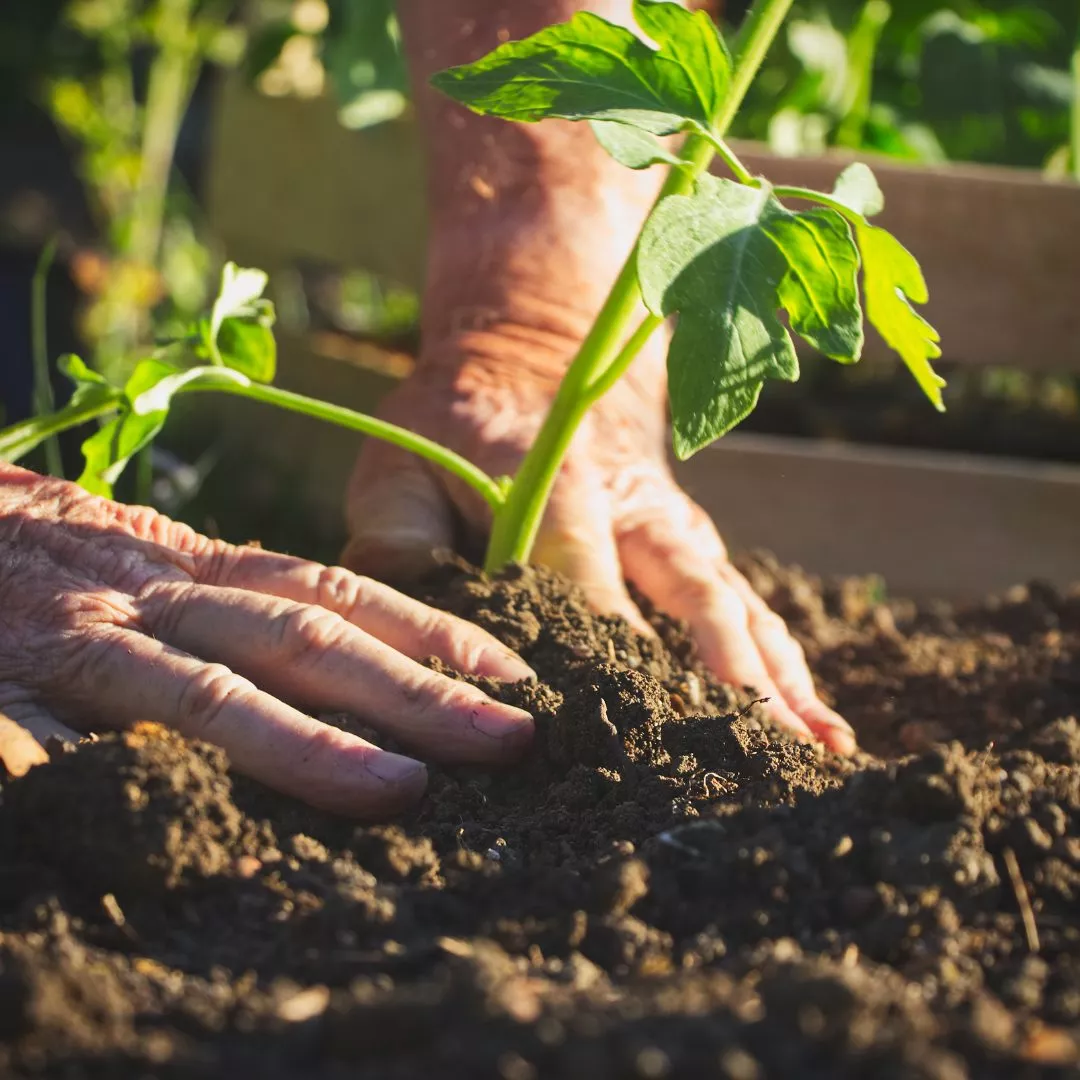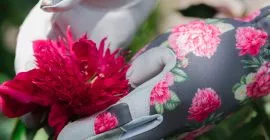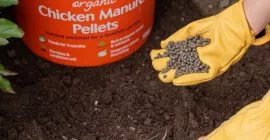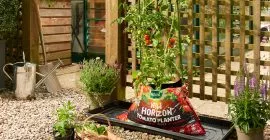Sustainable gardening is more important than ever in a world that faces a climate change crises. Every little bit we do as gardeners can help make a positive impact. Our sustainable gardening tips are gardening activities suitable for all ages.
Why is sustainable gardening important?
Sustainable gardening is a way to give back to nature and your local eco system. Many of us garden as a hobby, see it as an opportunity to get some fresh air and exercise, grow food for our family and feed our wildlife. A sustainable gardener will aim to use less water and will keep learning about sustainability.

Our top tips for a sustainable garden
- As sustainable gardening goes, cutting out all pesticide use is a great place to start. Using pesticides not only effects the animals and insects that visit our gardens, it also has disastrous consequences on our eco system. Affecting our clean air, water and food.
- Buy peat free compost. Most of us buy compost and we should be aiming for peat free compost. Our New Horizon All Plant Compost is a naturally peat-free formulation that gives every plant triple the goodness. This peat-free formulation is ideal for all types of plants and can also feed your plants for up to 6 weeks. Additionally, our special BIO3 formulation includes 3 special ingredients to help your plants thrive.
- Plant a tree. Did you know that trees are brilliant at drawing down carbon from the atmosphere? If every one of us gardeners planted just one medium sized tree and nurtured it to maturity, they would store enough carbon equivalent to drive approximately 11 million times around our planet. That’s impressive! So achievable too, if we all just planted that one tree in our garden, allotment, community or school.
- Start composting. It’s easier than you think. Read our How To Compost Guide here.
- Mulching. Never heard of it before? Read one of our gardeners blog entries here on mulching your garden.
- Invest in a water butt: Either do it yourself or get an odd job man in to install a water butt in your garden. The water butt will collect rain water, which you can then use on your garden, instead of using your hose pipe as frequently.
- Plants for pollinators. It’s simple really, plant more plants for our pollinating friends. The use of pesticides is seeing a decline in our bees and butterflies unfortunately. Climate change is also making an impact on the number of bees and butterflies. So we need to do our bit planting flowers for our bees and butterflies. This list of flowers to plant in your garden will help our pollinators.
- And last but not least – Grow your own fruit and vegetables.




